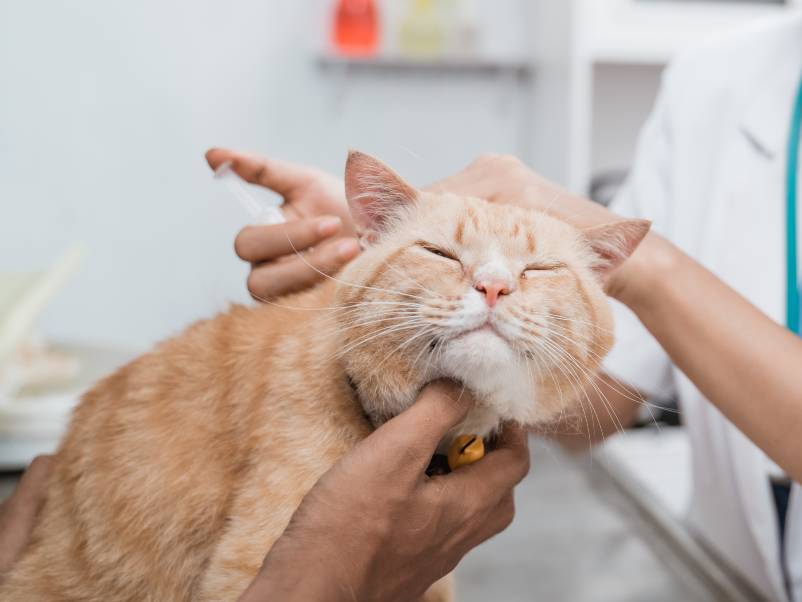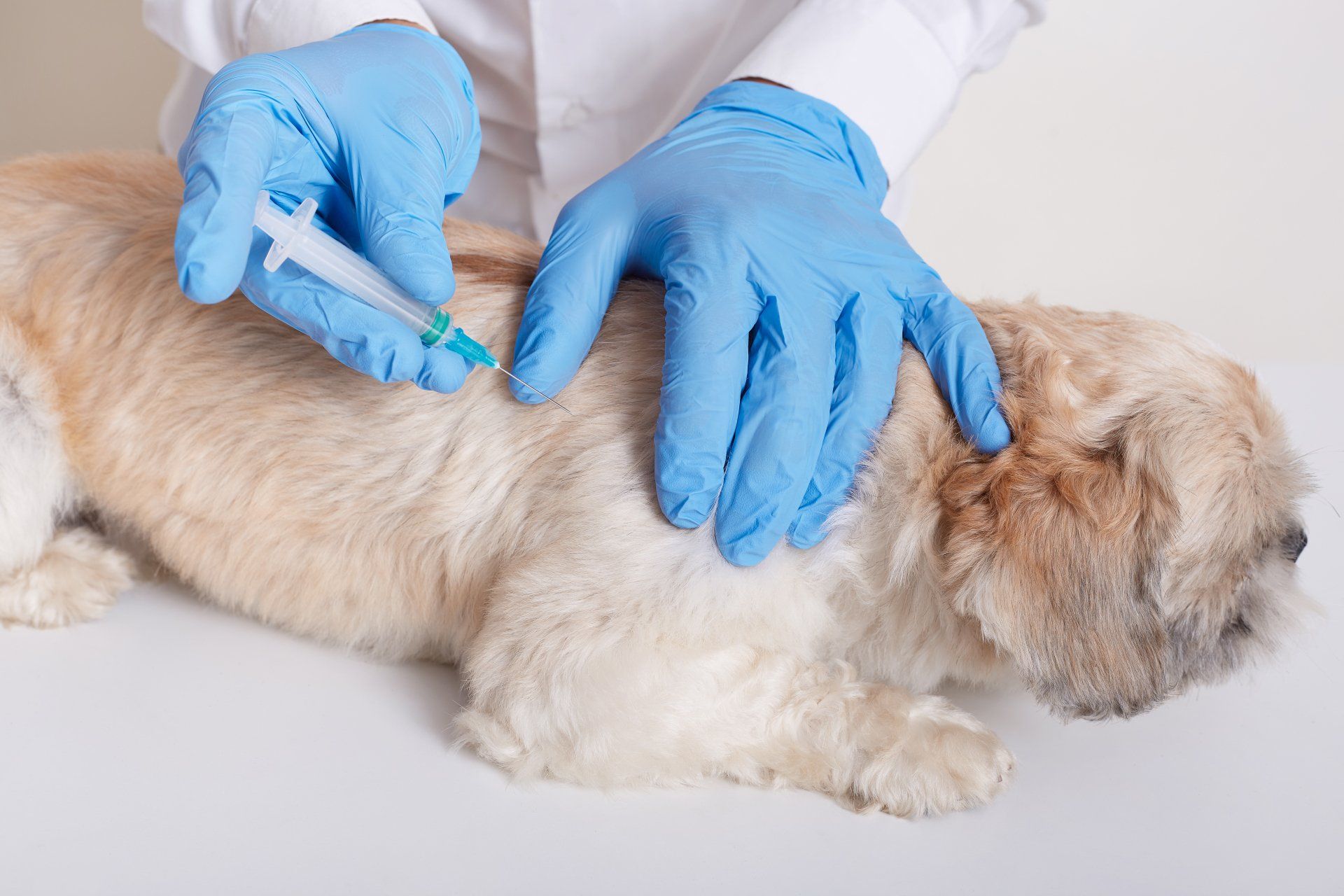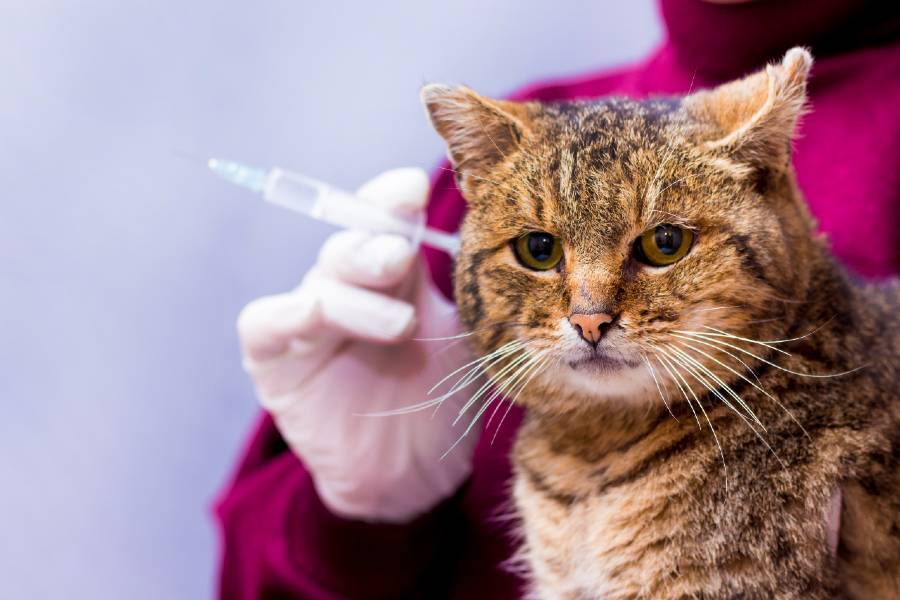Pet Vaccinations in Jacksonville
Vaccinating your pet protects everyone, including the other members of your family. Some vaccinations are given shortly after birth and others are administered every one to three years to keep your pet protected and safe.
Vaccines can be broken into two categories; core vaccines and lifestyle vaccines. Check out our vaccine knowledge base below.
Please note: at Normandy Animal Hospital, we are committed to providing compassionate care for pets while also adhering to Florida state laws and veterinary regulations.
To clarify, Florida law requires that all pets are current on their rabies vaccination for their protection and the safety of others. If the rabies vaccination has not been administered elsewhere, or if documentation is not provided at the time of the visit, we are required to update the vaccine. This is not a matter of adding unnecessary costs but a legal and ethical obligation to comply with public health requirements and ensure the safety of every pet and person in our facility.
Can pets have negative reactions to the vaccines?
On rare occasions, some animals may react to a vaccine. This could cause a low-grade fever, muscle aches, or less commonly more severe reactions such as diarrhea, vomiting, anaphylaxis or death. It is more common in young and toy breed dogs and may manifest as a decrease in appetite or increased sleepiness for a day or two. Some components that may produce a strong reaction can be left out of future vaccines. If your pet has had a vaccine reaction in the past don’t skip future vaccinations, but do discuss it with us so that we can prevent a recurrence.
Come and see us for you dog and cat vaccinations in Jacksonville.






